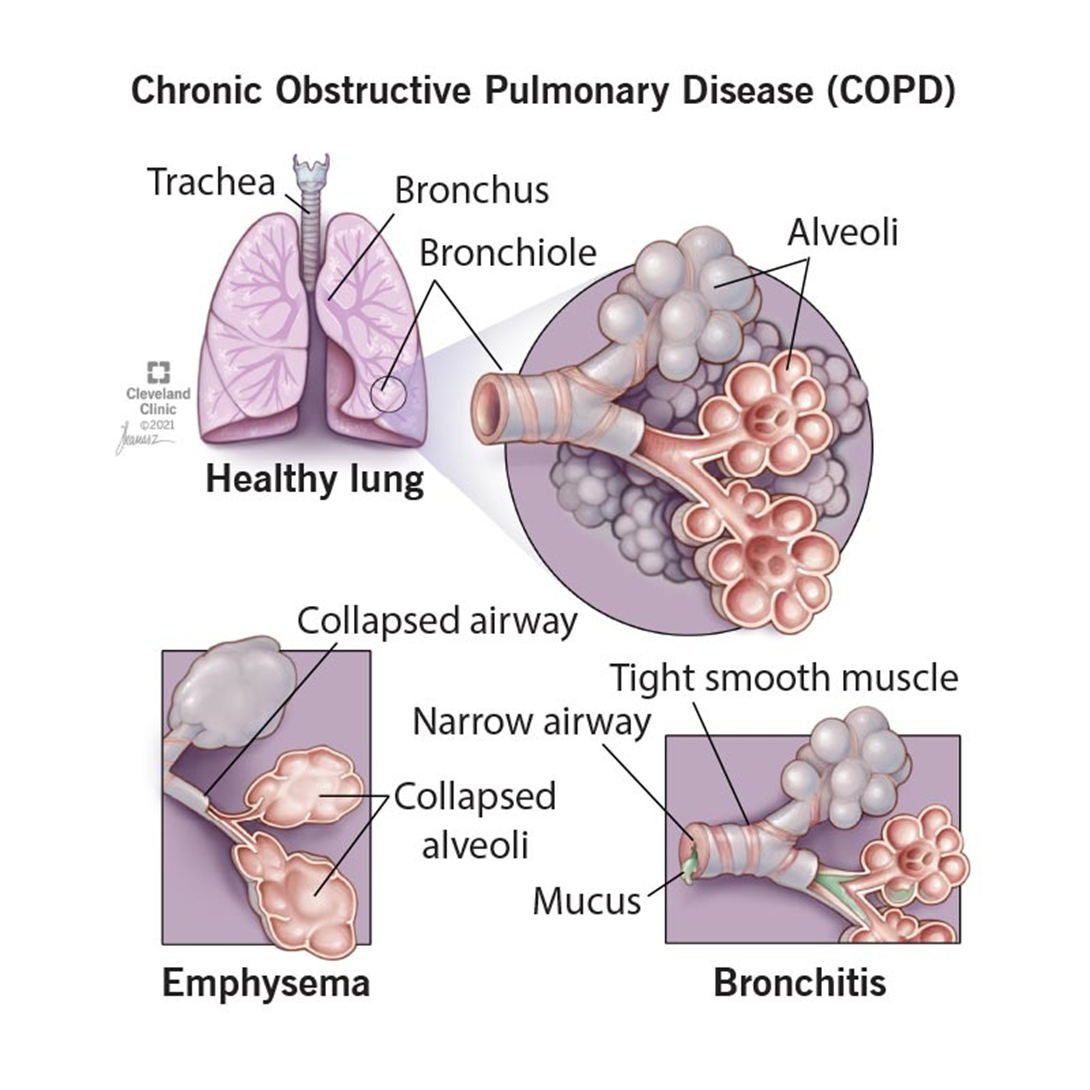Ferrous sulfate elixir is prescribed for a client with iron deficiency anemia. Which instruction should the nurse provide this client about taking the liquid medication?
Use a straw to ingest.
Swallow undiluted.
Mix with an antacid.
Take with a glass of milk.
The Correct Answer is A
Choice A Reason:
Use a straw to ingest: Ferrous sulfate elixir can cause staining of the teeth. Using a straw helps to minimize contact with the teeth, thereby reducing the risk of staining. This method ensures that the medication is ingested directly into the throat, bypassing the teeth.

Choice B Reason:
Swallow undiluted: Swallowing ferrous sulfate elixir undiluted is not recommended because it can cause gastrointestinal irritation. Diluting the elixir in water or juice can help to minimize this irritation and improve absorption.
Choice C Reason:
Mix with an antacid: Mixing ferrous sulfate with an antacid is not advisable because antacids can interfere with the absorption of iron. Iron is best absorbed in an acidic environment, and antacids neutralize stomach acid, thereby reducing iron absorption.
Choice D Reason:
Take with a glass of milk: Taking ferrous sulfate with milk is not recommended because calcium in milk can inhibit the absorption of iron. It is best to take iron supplements on an empty stomach or with a source of vitamin C, such as orange juice, to enhance absorption
Nursing Test Bank
Naxlex Comprehensive Predictor Exams
Related Questions
Correct Answer is D
Explanation
Choice A reason:
Rinsing the mouth after each use of an inhaler is a recommended practice, especially for inhalers containing corticosteroids, to prevent oral thrush and other side effects. Although ipratropium is not a corticosteroid, rinsing the mouth can still help reduce any potential irritation or unpleasant taste.
Choice B reason:
Storing the medication at room temperature is appropriate for most inhalers, including ipratropium2. This ensures the medication remains effective and safe to use. It is important to keep the inhaler away from extreme temperatures and direct sunlight.
Choice C reason:
Attaching a spacer device to the inhaler can be beneficial, especially for patients who have difficulty coordinating the timing of inhalation with the activation of the inhaler. A spacer helps ensure that more medication reaches the lungs rather than being deposited in the mouth or throat.
Choice D reason:
Priming the inhaler with 7 pumps is excessive. Typically, ipratropium inhalers require priming with only 2 to 4 sprays before the first use or if the inhaler has not been used for a few days. Over-priming can waste medication and may indicate that the client needs additional instruction on proper inhaler use.

Correct Answer is D
Explanation
Choice A reason:
Resuming a diet that consists of milk, cream, and bland foods is not the most critical instruction for a client taking esomeprazole. While bland foods can help reduce gastric irritation, they do not address the primary concern of monitoring for serious side effects. Esomeprazole is a proton pump inhibitor (PPI) that reduces stomach acid, and dietary changes alone are not sufficient to manage potential complications.
Choice B reason:
Calling the clinic if diarrhea or headache occurs when taking esomeprazole is important, but it is not the most critical instruction. Diarrhea and headache are common side effects of esomeprazole, but they are usually not severe. The client should be aware of these potential side effects, but the primary concern is monitoring for signs of gastrointestinal bleeding.
Choice C reason:
Once pain subsides, NSAID therapy should not be resumed without consulting the healthcare provider. NSAIDs can cause significant gastrointestinal issues, including ulcers and bleeding. The client should be advised to avoid NSAIDs unless specifically directed by their healthcare provider.
Choice D reason:
Notifying the healthcare provider of the passage of black stools is the most critical instruction. Black stools can indicate gastrointestinal bleeding, which is a serious side effect of both NSAIDs and esomeprazole. Immediate medical attention is necessary if this occurs to prevent further complications.
Whether you are a student looking to ace your exams or a practicing nurse seeking to enhance your expertise , our nursing education contents will empower you with the confidence and competence to make a difference in the lives of patients and become a respected leader in the healthcare field.
Visit Naxlex, invest in your future and unlock endless possibilities with our unparalleled nursing education contents today
Report Wrong Answer on the Current Question
Do you disagree with the answer? If yes, what is your expected answer? Explain.
Kindly be descriptive with the issue you are facing.
